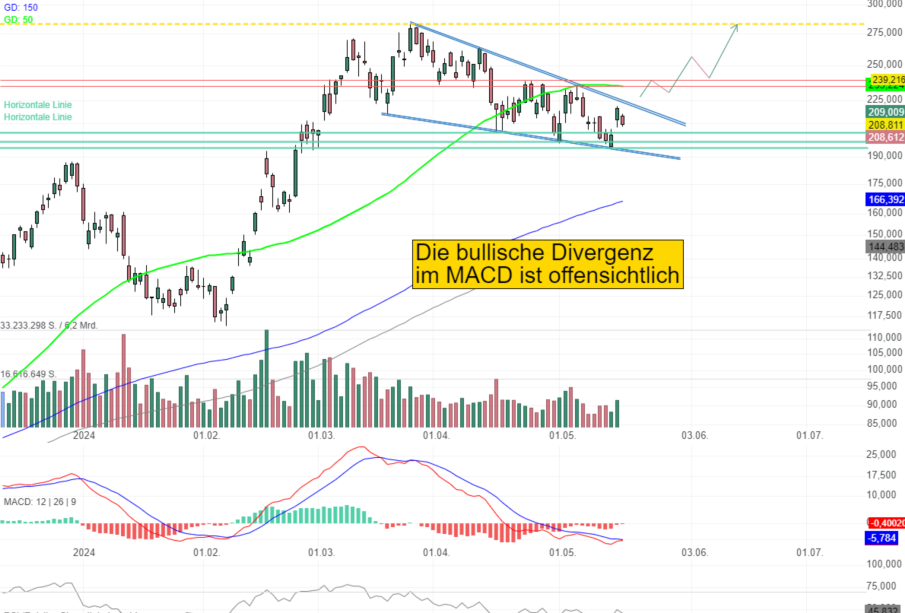Understanding Coinbase: The Cryptocurrency Exchange Powerhouse

Introduction
In an ever-evolving digital economy, cryptocurrency exchanges play a crucial role in how individuals and institutions buy, sell, and trade digital assets. Among the foremost platforms is Coinbase, which has established itself as a leading name in the cryptocurrency space. With its user-friendly interface and a multitude of available cryptocurrencies, Coinbase has become the go-to choice for many investors, emphasizing the platform’s relevance in today’s financial landscape.
Growth and Popularity
Founded in 2012 by Brian Armstrong and Fred Ehrsam, Coinbase quickly rose to prominence due to its commitment to simplifying the process of buying and selling cryptocurrencies. As of 2023, the exchange boasts over 108 million verified users and operations in more than 100 countries. The company’s IPO in April 2021, marking a significant milestone, further solidified its credibility and influence in the industry. Today, Coinbase not only supports Bitcoin but also offers a wide array of altcoins, catering to a diverse range of investor interests.
Recent Developments
Coinbase has been at the forefront of major industry developments, including the launch of Coinbase NFT, which allows users to buy and sell non-fungible tokens (NFTs). In recent months, the platform has also announced plans to diversify its offerings through the incorporation of advanced trading features and educational resources aimed at empowering users to make informed investment decisions. Additionally, Coinbase has made significant strides in compliance, striving to adhere to regulatory standards set forth by governments worldwide, which is essential for the overall legitimacy of cryptocurrency markets.
Challenges and Future Outlook
Despite its successes, Coinbase faces challenges, particularly from regulatory scrutiny and increasing competition from other exchanges such as Binance and Kraken. As governments around the world reassess their cryptocurrency policies, Coinbase’s ability to navigate this complex landscape will be vital in determining its ongoing success. Analysts predict that as mainstream adoption of cryptocurrencies rises, Coinbase could leverage its early mover advantage to solidify its market position further.
Conclusion
Coinbase represents a significant case study in the growth of the cryptocurrency market. Its influence extends beyond simple transactions; it plays a crucial role in shaping the future of finance by providing individuals with access to digital assets. As advancements continue and the regulatory framework evolves, Coinbase is well-positioned to adapt and lead. For individuals interested in exploring cryptocurrencies, understanding the workings of Coinbase could prove essential to making informed decisions in this dynamic market.









